

 The E-waste handover facility in Accra has received over 900 tonnes of electronic waste since its commissioning in October 2024.
The E-waste handover facility in Accra has received over 900 tonnes of electronic waste since its commissioning in October 2024.
The materials include e-waste cables, mixed batteries, thermoplastics, and Cathode Ray Televisions.
The initiative started with 13 truck deliveries and has now reached 114, reflecting growing national efforts to tackle environmental pollution through sustainable recycling.
Dr. Vincent Nartey Kyere, E-waste Team Leader at the Ministry of Environment, Science, and Technology, told the Ghana News Agency that the waste inflow came from four holding centres in Accra, Kumasi, and Koforidua.
He said the centre was working on the off-taker side of the value chain to free up space for more materials.
“It is catching up and that is why the facility is quite full now. Ordinarily, these materials would have been out there. One aspect that we are waiting to see shows that the materials that are coming in will go out. That is something that we are still working on,” he stressed.
Dr. Kyere noted that over 160 tonnes of cables, 30 tonnes of thermoplastics, and 90 tonnes of batteries have been prepared for tender.
He highlighted the benefits of retrieving thermoplastics, which reduced the risk of clogged drains during the rainy season, while battery collection prevents soil contamination from chemical leaching.
Dr. Kyere also said local companies were increasingly interested in recycling contracts, including hazardous, low-margin waste, signaling a shift toward sustainable e-waste management.
“There will be the need to support some of these companies to acquire the needed technology to deal with the e-waste challenge,” he said.
Dr. Kyere said that a complete ban on second-hand electrical and electronic products was not ideal, as many people depended on them for their livelihood, and new items could be unaffordable for some.
However, he stressed the need to prevent the importation of outright waste while encouraging reuse and lifespan extension.
“What is recycling if we do not allow or practice reuse?” he said.
Dr. Kyere called on enforcement agencies to strengthen inspections at ports to stop waste imports.
“All materials must be checked and tested, it is not only those for businesses but those being imported for charity as well, so we prevent dumping,” he added.
Last October, Ghana launched a holding centre to curb informal e-waste handling, such as burning cables to extract valuable metals like copper, iron, lithium, and aluminum.
The facility, supported by the German Government through KfW in 2017, established three collection centres to incentivise individuals to bring in e-waste.
Collected materials are handed over to companies for recycling or disposal.
The initiative serves as a pilot for Ghana’s National E-waste System and implementation of Act 917.
It also aims to create a structured framework for sound recycling and disposal of electrical and electronic equipment waste in Ghana.
Experts link rising e-waste to population growth, increased use of electrical gadgets, imported secondhand electronics with shorter lifespans, and an estimated one in four devices arriving as waste.
UNDP estimates that Ghana’s e-waste activities generate $105–268 million annually and provide livelihoods for at least 200,000 people nationwide.
Informal extraction methods, including open burning, have led to water contamination and the emission of toxic gases, causing severe health risks.
Source: GNA
The post E-waste handover centre in Accra receives 900-tonnes appeared first on Ghana Business News.
Read Full Story

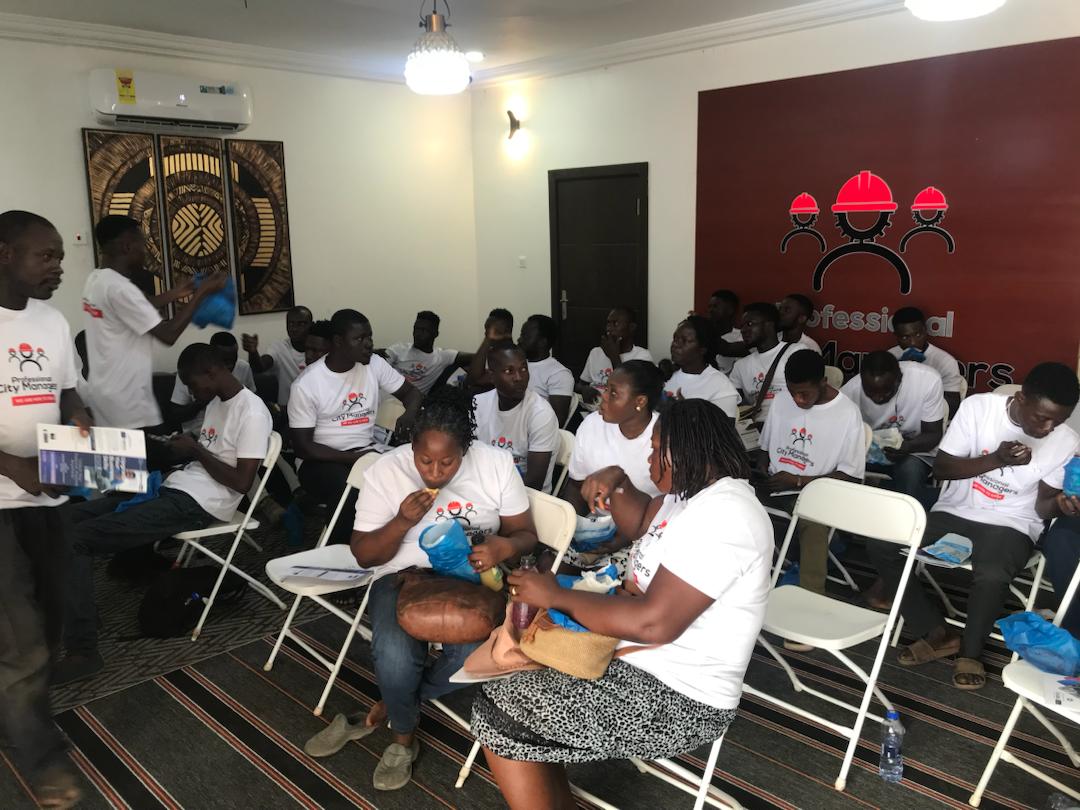
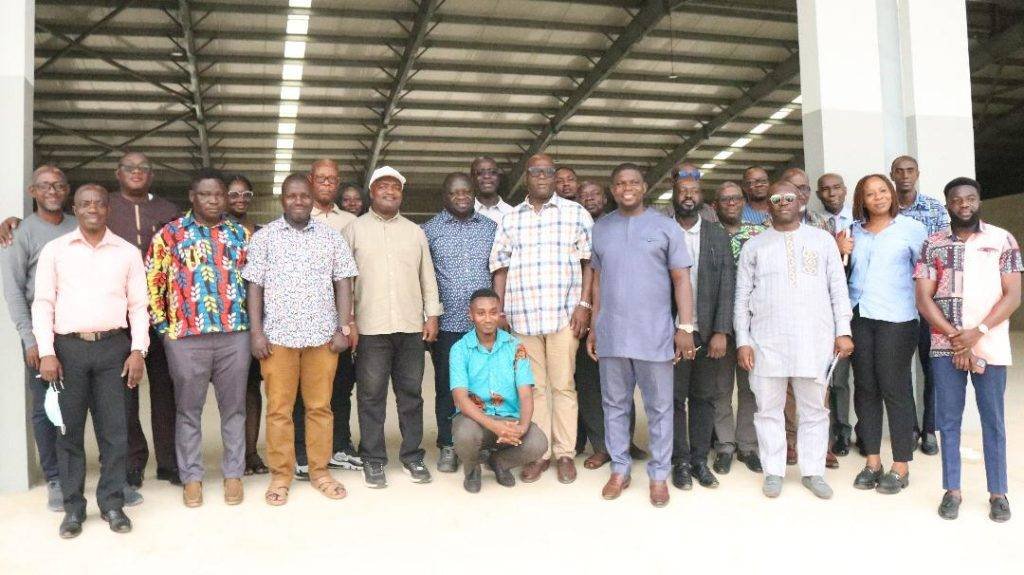
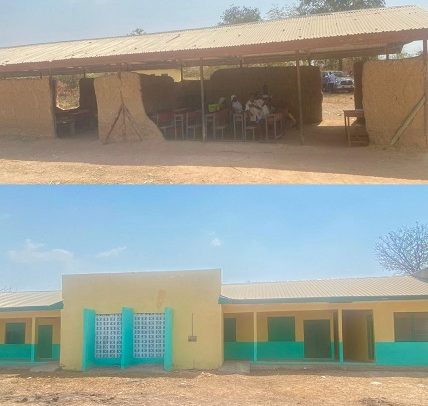
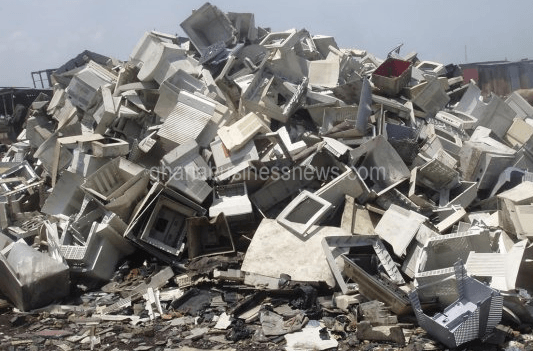
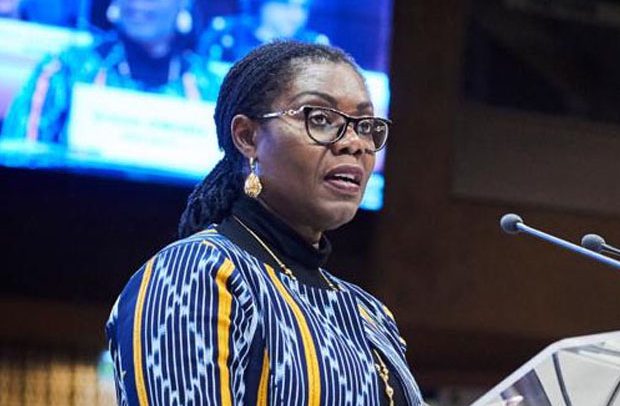






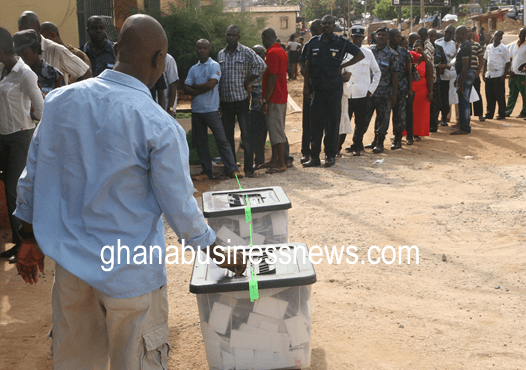
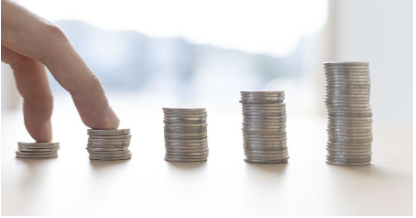



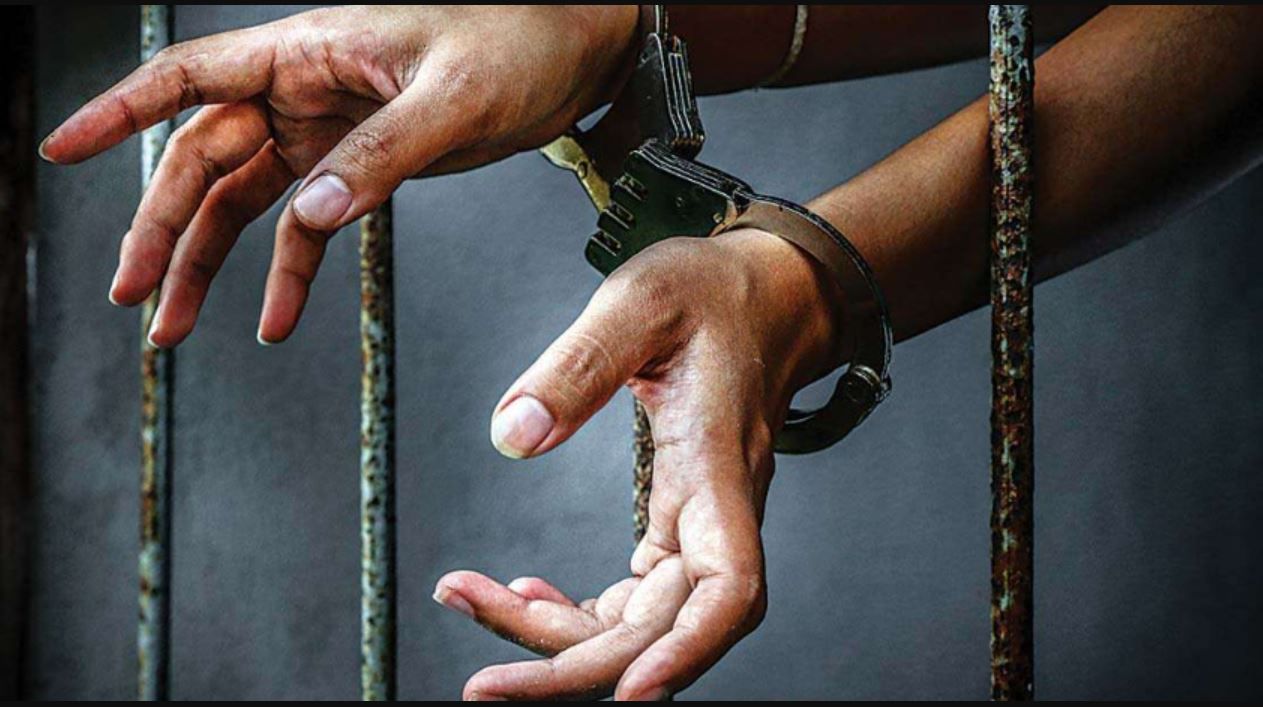
Facebook
Twitter
Pinterest
Instagram
Google+
YouTube
LinkedIn
RSS